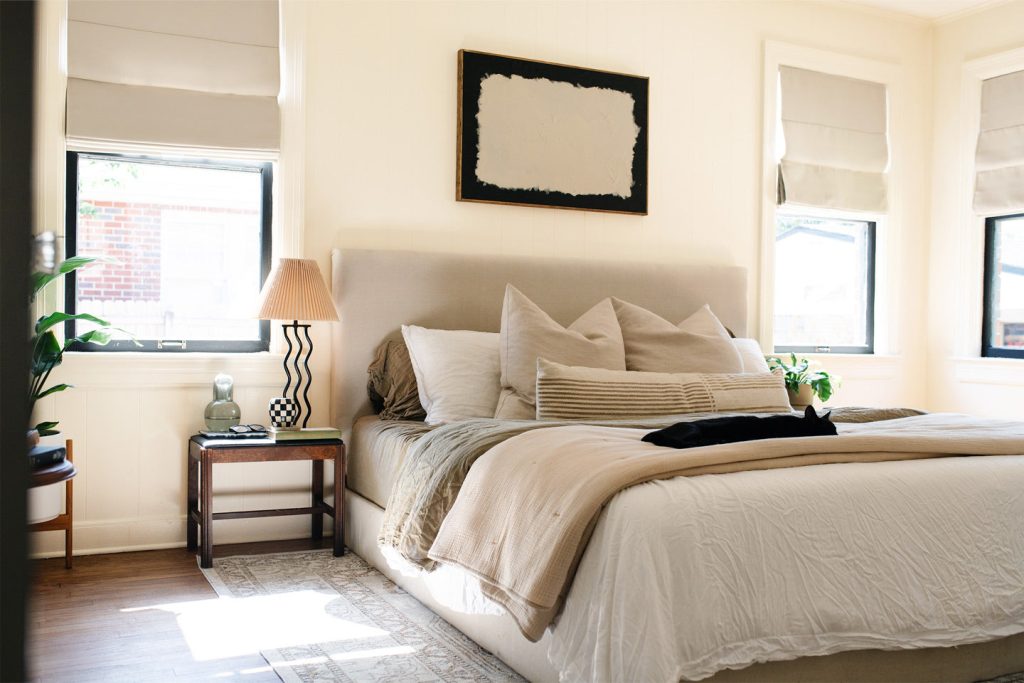Get a Sleepy Brain.

Getting a good night’s sleep is essential for brain health. Proper sleep can improve cognitive function, memory, and vigilance. To get the most out of your sleep, follow these tips:
1. Establish a regular bedtime routine. Make sure you retire to bed at a reasonable time each night, and have a clear sleeping schedule to help you get the best night’s sleep.
2. Get enough rest: Get at least 7 hours of sleep each night, but try to get more if you can.
3. Avoid caffeine and alcohol before bed: These substances can disrupt your sleep quality and may cause fatigue the next day.
4. Use an noise machine or ear plugs while you’re sleeping: This will help keep you quiet and asleep without disturbing others in your room.
5.Avoid working on your computer or using electronic devices in bed – these activities can disrupt your circadian rhythm and lead to poor sleep habits the next day.
6.Take regular breaks during the day to get up and move around – this will help reset your body clock and promote better sleeps the next day.”
Get a Sleepy body.

To get a good night’s sleep, follow these tips:
1. Establish a bedtimes and wake-ups that are comfortable for you and your partner.
2. Make sure you’re bedroom is dark and quiet before getting into bed.
3. Get more rest during the night by drinking plenty of fluids and eating light breakfast items before bed, as well as by taking regular breaks between sleep cycles.
4. Avoid working or using electronics in your bedroom until after you’ve fully awakened from sleep.
5. Avoid caffeine and alcohol while you’re asleep, as they can affect how efficient you are at sleeping.
Get a Happy body.

The first step to achieving a good sleep is getting enough rest. To get a good night’s sleep, follow these tips:
– Make sure you’re fully refreshed before bed by drinking fluids and eating light snacks before bed.
– Establish a routine and stick to it as much as possible. This will help ensure that you’re asleep within the allotted time.
– Have plenty of noise exposure in your bedroom — including music, TV, etc. — while you’re sleeping so that you can’t distract yourself from slumber.
– Avoid caffeine and alcohol before bed and during the day, which can disrupt your sleep patterns and cause insomnia.

